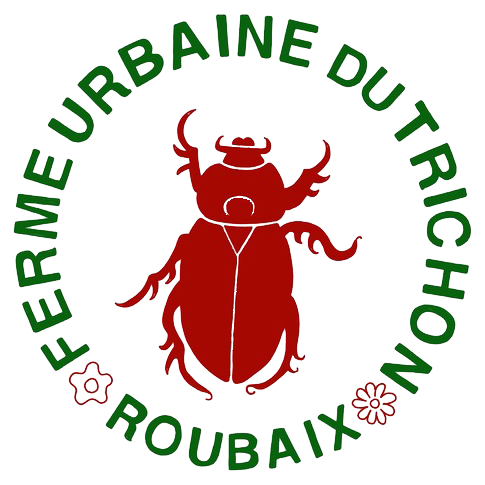
Quick facts
Created in 2015 as a project of the Baraka Cooperative
Located in Roubaix, France 8, 880 m² of land
SDG’ s Goals 2 , 3 , 11 and 12
France.
La ferme du Trichon is a circular urban farming project in the heart of Roubaix, It is a hub for sustainable action and social transformation. It is located in the city centre with the aim of efficient resource use and the reduction of environmental impacts while fostering the well- being of the residents. The farm consists of twelve large garden beds, a chicken coop, a greenhouse, rainwater harvesting facilities and a composting point. However, it is continuously expanding.
How does the organization address societal challenges in an innovative way?
When the project f irst started it was simply a shared garden and 40 residents of the district caring for it. Thanks to the ambition of reclaiming the city' s wastelands while responding to food challenges, the farm now brings people together to discuss and collectively seek solutions to current and future problems of food, housing or migration. They are aiming to re- localize community living to develop an economy of mutual helping.
What societal benefit does the organization create?
The farm seeks to connect different actors of society and to act as a local hub for everyone. They organize a local farmers market selling regional fruit and vegetables for a fair price on Wednesdays, a bike repair initiative on Saturdays and evening classes by the community college on Thursday evenings.
What new urban trades are created in the project?
Farmer- animator, Local ecological.
What makes the organization particularly interesting as an example?
The project is marking a new stage in the innovative process of reclaiming urban wastelands in the city of Roubaix. It was developed with the ambition to collectively work for bringing nutritious food to the community - in close collaboration with public actors, citizens, organizations and the private sector.